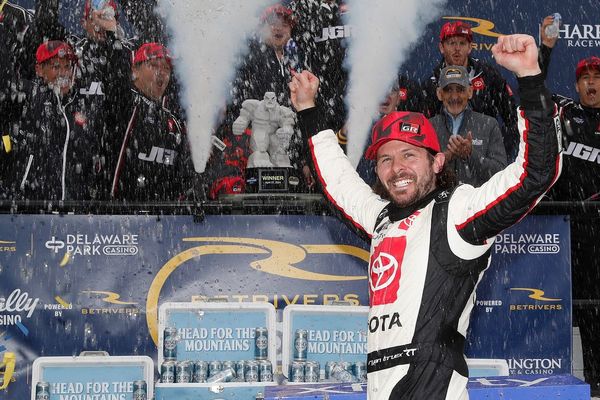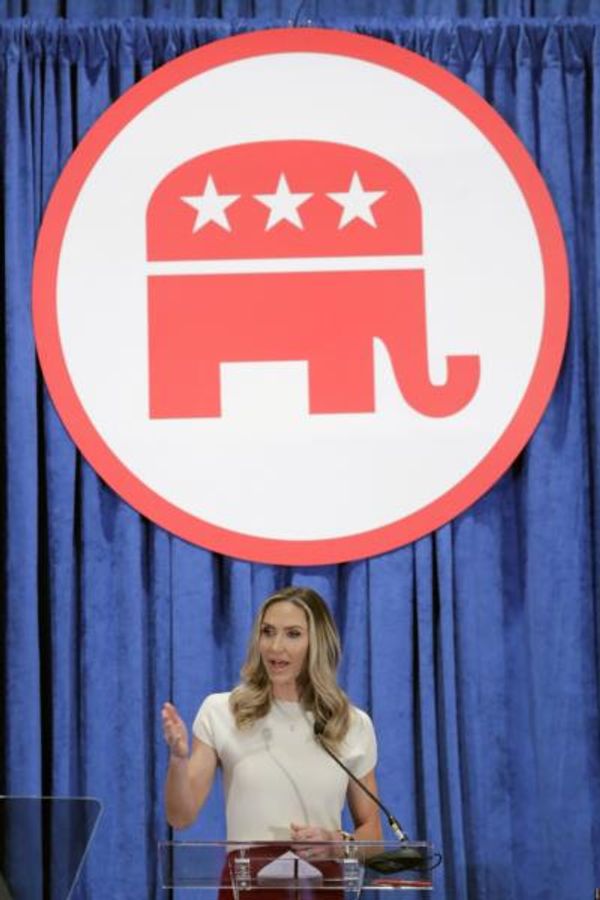
As Europe’s political leaders shuttled this past fortnight from the European Commission in Brussels to the G7 in Bavaria and then on to NATO in Madrid, they finally talked themselves into committing to seeing the war in Ukraine through to the end — despite the uncertainty of just what that “end” may look like.
It’s been the first post-Angela Merkel summit, offering the first tentative read of how the new, more collective leadership of the continent will handle the improvisational politics demanded by the rolling crises that the continent’s institutions have faced since 2008.
It’s offered an opportunity, too, to exorcise Europe’s post-Trump caution about the Americans with a commitment to a significant expansion of US forces in central and eastern Europe.
The support for Ukraine is cautious, tempered by what UK PM Boris Johnson called “fatigue in populations and politicians”. Mentions of “Ukraine” and “Russia” on US cable news are back down to January levels. Axios reports war news is also down in digital outlets.
The invasion is still destabilising politics, with French President Emmanuel Macron losing his party’s majority in last month’s parliamentary elections while the largest party in Italy’s governing coalition, Five Star, is splitting over the issue.
For Johnson, on the other hand, support for Ukraine has been propping him up despite “partygate”, the scandal over supposed-to-be-banned get-togethers of government and party staff during COVID lock-down. Seems he’s now significantly more popular in Ukraine (he was made an honorary citizen of Odessa on Friday) than he is among the UK voters he’ll need next election — if he makes it.
The crisis offers an opening for national figures to try out for the recently vacated, Merkel-style continental leadership. New German chancellor Olaf Scholz was strongly out of the box with his splashy “zeitenwende” (or turning point) to rebuild Germany’s military, but he’s been hamstrung by his country’s reliance on Russian gas.
Macron has been eager to step up but has offended Ukraine’s supporters with his attempted peace-making diplomacy and he’s undermined by the loss of a parliamentary majority. Others — Mario Draghi in Italy, Pedro Sánchez in Spain and Andrzej Duda in Poland — have been similarly damaged by a lack of home support.
European Commission head Ursula von der Leyen has been a public leader in building support for Ukraine, but seems to lack embrace from the national leaders.
Despite the instability and the uncertainty, the shift — and the consensus in European attitude — has been a demonstration of how quickly what Luuk van Middelaar called “politics by event” is remaking Europe, in place of the continent’s notoriously slow-moving “politics by process”.
Just last February the shrugging assumption was that Kyiv would fall to the Russian army in days — far too quickly for it to be worthwhile doing anything about. Elite opinion normalised the invasion with a sprinkling of “realism”, wondering if maybe it was all America’s fault, after all.
The EU and NATO nations (Australia, too) were closing their embassies, pulling out their citizens, offering an escape hatch to Ukrainian President Zelenskyy, getting ready for a Russian army back along the Soviet Union’s 1939 borders.
Once Ukrainian resistance fractured the mythology of Russian military might, Western Europe’s elite briefly poked around for a give-a-bit, take-a-bit negotiated outcome, widely interpreted as requiring Ukraine to cede the Donbas (or, at least, that part occupied in 2014) and Crimea. (In Macron’s diplomatic-speak, an outcome that would ensure Putin was not “humiliated”.)
Ultimately, the diplomatic option stumbled over Ukraine’s and Russia’s refusal to go along — and then fell in the face of mounting evidence of genocide in Bucha, Hostomel and Irpin left behind by the retreating Russian army outside Kyiv. To close it off, the Ukrainian government has made the towns part of any visiting leader’s itinerary — including Albanese this past weekend.
Meanwhile, in eastern Ukraine, the war grinds on in the now near three-month Battle of the Donbas, marked equally by Russia’s slow but relentless step-by-step advance and Ukraine’s destructive attrition of the invading army. It matches the raw Russian numbers against the morale of the Ukrainian defenders bolstered by the increasing supply of modern US and NATO armaments. The outcome remains anyone’s guess.
Putin has already lost the “great power” status that seemed to matter so much when the invasion began. Now a more collective European leadership has decided to use the crisis to further reshape Europe.







